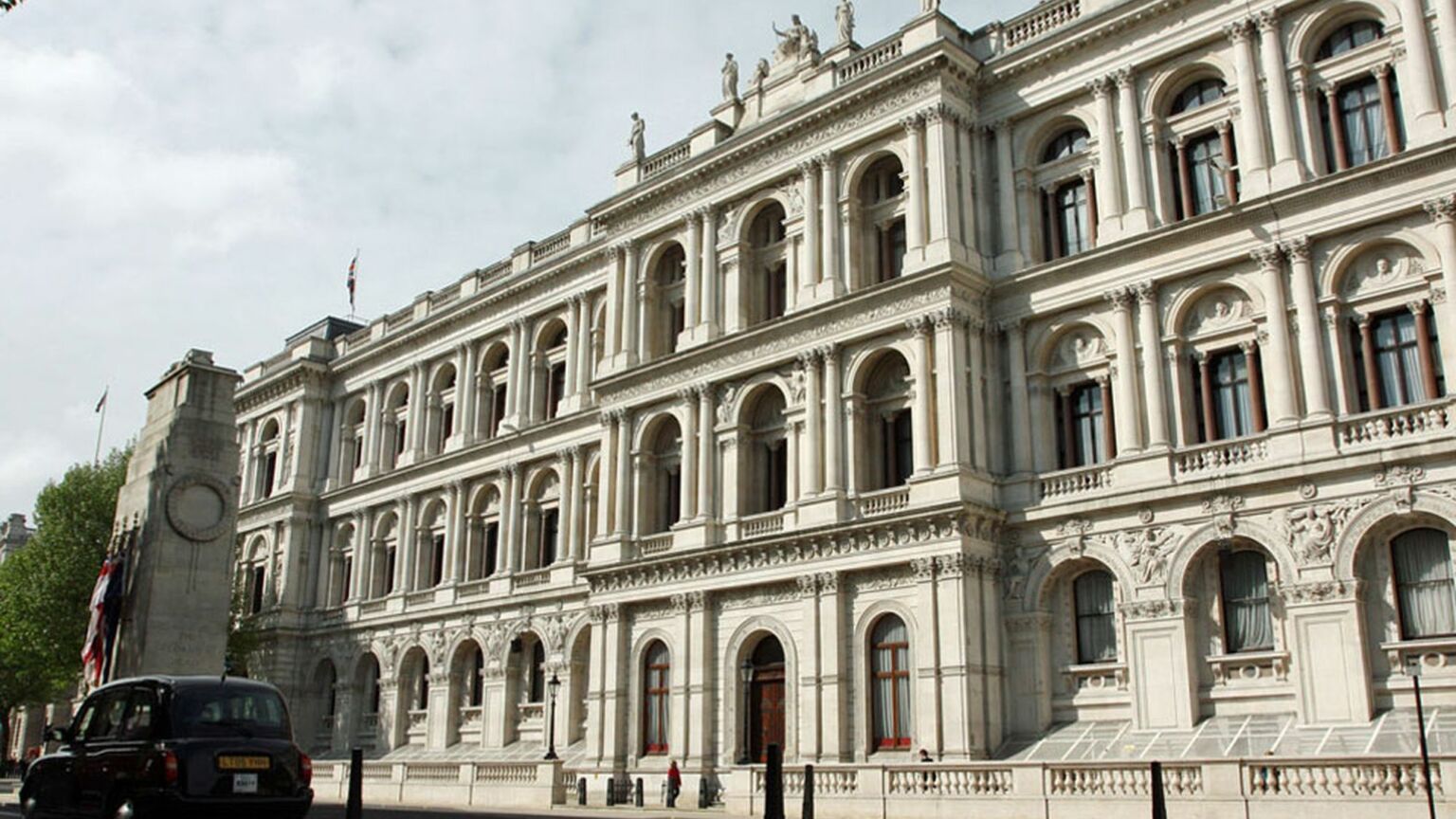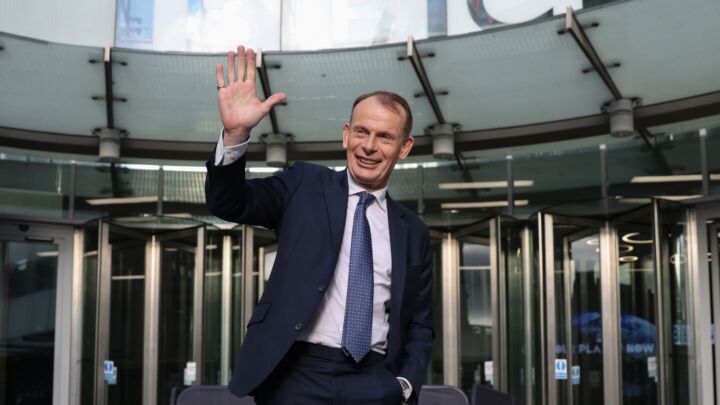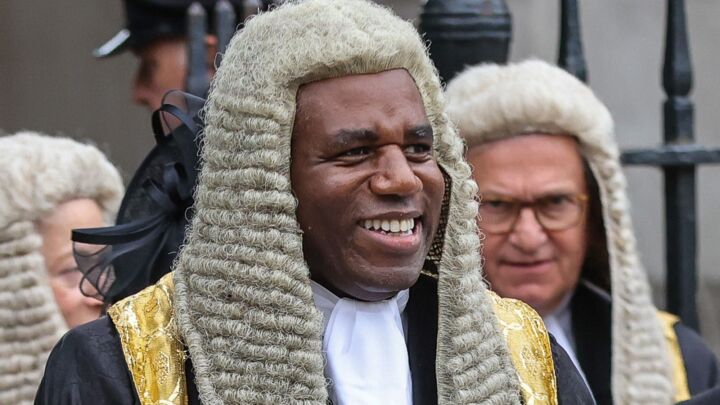No, the Foreign Office is not too ‘rooted in the past’
A new report from top foreign-policy mandarins reveals the idiocy of modern officialdom.

Want unlimited, ad-free access? Become a spiked supporter.
So, Britain’s Foreign Office is too ‘rooted in the past’. That, at least, is the view of former cabinet secretary Mark Sedwill, one-time No10 foreign-policy adviser Tom Fletcher and the Foreign Office’s former director general, Moazzam Malik.
In the The World in 2040: Renewing the UK’s Approach to International Affairs, a report published by the University College London Policy Lab, these former mandarins exhort the Foreign Office to ‘break with the past’ and move on from a centuries-long tradition of geopolitical diplomacy.
As part of this rupture, they call on the Foreign Office to recognise Britain’s diminished status. They argue that the UK is little more than a middle-rank, ‘offshore nation’ – one that should stop seeing itself ‘as the leader in efforts to tackle global challenges’.
There is plenty to criticise about Britain’s approach to foreign policy in recent decades. But that’s not what this report is doing. It’s calling for a break with foreign policy as it has historically been understood – as informed primarily by the national interest.
We are living through a period of increasing global instability and conflict. A serious-minded approach to foreign policy, guided by a keen, strategic sense of Britain’s national interest, has never been more important. And yet that is precisely what Sedwill et al want to jettison.
Their alternative vision is of a thoroughly diminished Foreign Office. They want to submerge Britain’s national interest into larger international structures and non-governmental organisations. Or as they put it, Britain should become more of a ‘team player’, show ‘humility and respect’ and be ‘ready to follow and support’.
The cliché-riddled shallowness of such a proposal is striking. This is a roundabout way of saying that Britain should refrain from seeking to influence global affairs, especially if doing so means focussing too much on its national goals and ambitions.
Indeed, so superficial is this report that anyone reading it could be forgiven for mistaking its authors for interior designers making a pitch for a big Whitehall contract. They even call for the premises of the Foreign Office to be redecorated, claiming that its present appearance is ‘somewhat elitist’. They suggest that ‘fewer colonial-era pictures on the walls… might help create a more open working culture and send a clear signal about Britain’s future’.
Needless to say, this isn’t a serious reflection on Britain’s approach to international affairs. Sedwill et al seem more concerned with virtue-signalling and mouthing all the right platitudes than addressing the significant international challenges Britain is likely to face in the future.
The idea that the Foreign Office should step back from the geopolitical fray would put Britain at risk. Not that the authors of The World in 2040 seem to care. As far as they are concerned, geopolitics is best left to international bodies and experts, rather than nation states. They would rather those working for any future Foreign Office concentrate their energies on pointless international seminars on the environment and other elite obsessions.
This report reveals the geopolitical illiteracy of this generation of mandarins. If we are to face the international challenges that lie ahead, the last thing Britain needs is a ‘break with the past’ – with supposedly outdated notions like the national interest. To do so would simply surrender Britain to the whims of global elites.
Frank Furedi is the executive director of the think-tank, MCC-Brussels.
Picture by: Foreign & Commonwealth Office.
You’ve read 3 free articles this month.
Support spiked and get unlimited access.
Support spiked – £1 a month for 3 months
spiked is funded by readers like you. Only 0.1% of regular readers currently support us. If just 1% did, we could grow our team and step up the fight for free speech and democracy.
Become a spiked supporter and enjoy unlimited, ad-free access, bonus content and exclusive events – while helping to keep independent journalism alive.
———————————————————————————————————————————–
Exclusive January offer: join today for £1 a month for 3 months. Then £5 a month, cancel anytime.
———————————————————————————————————————————–
Monthly support makes the biggest difference. Thank you.








Comments
Want to join the conversation?
Only spiked supporters and patrons, who donate regularly to us, can comment on our articles.